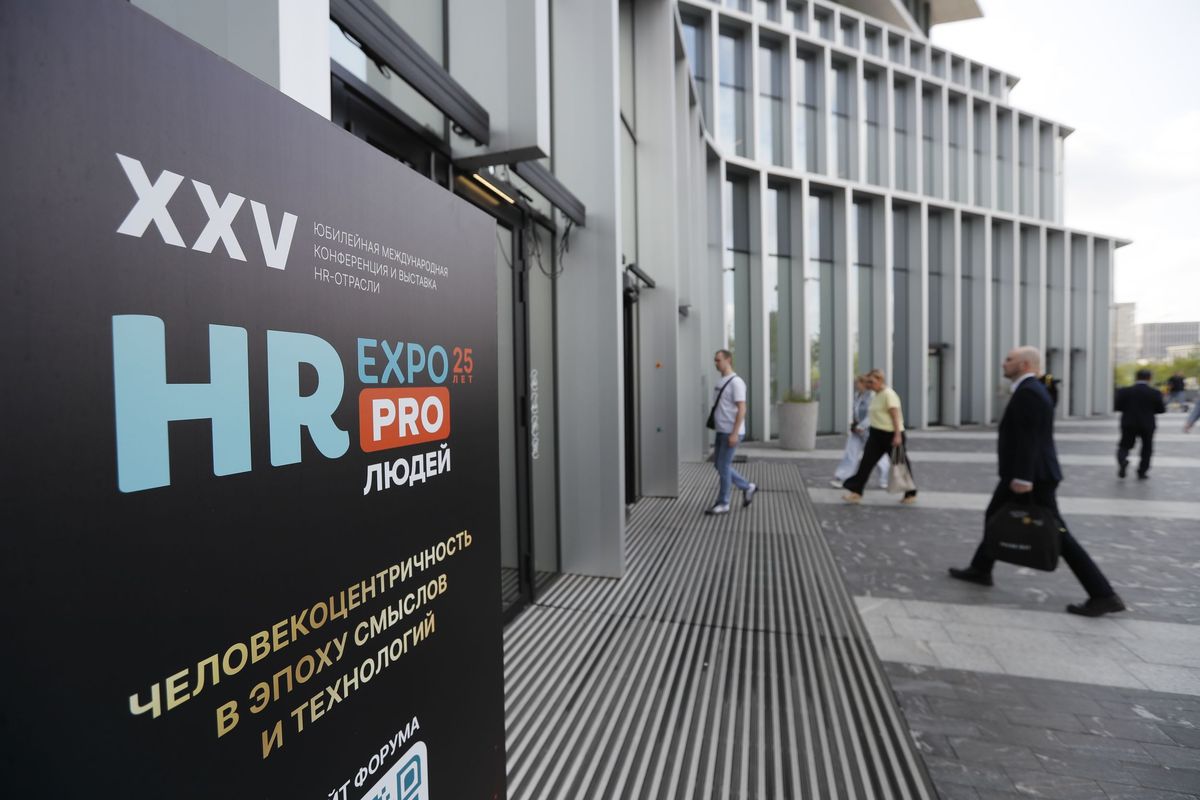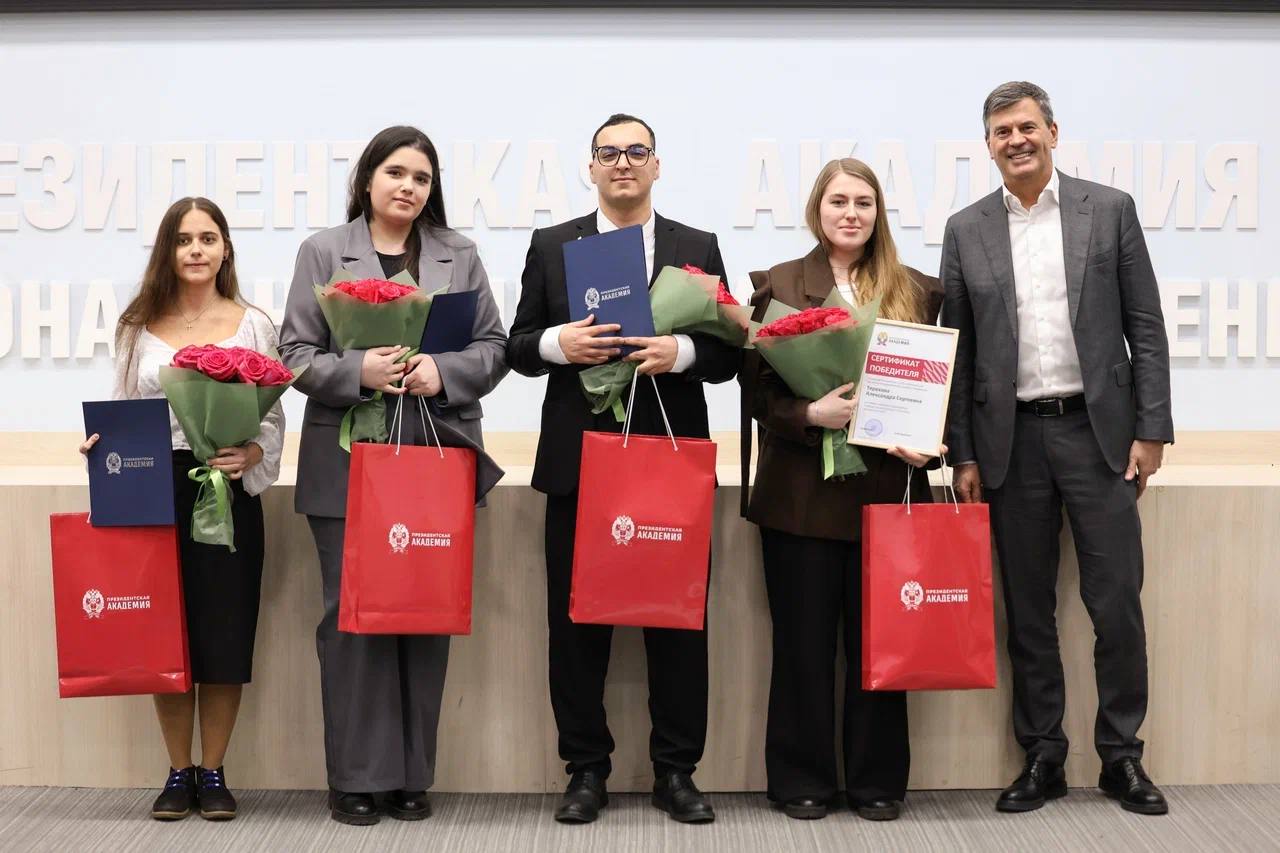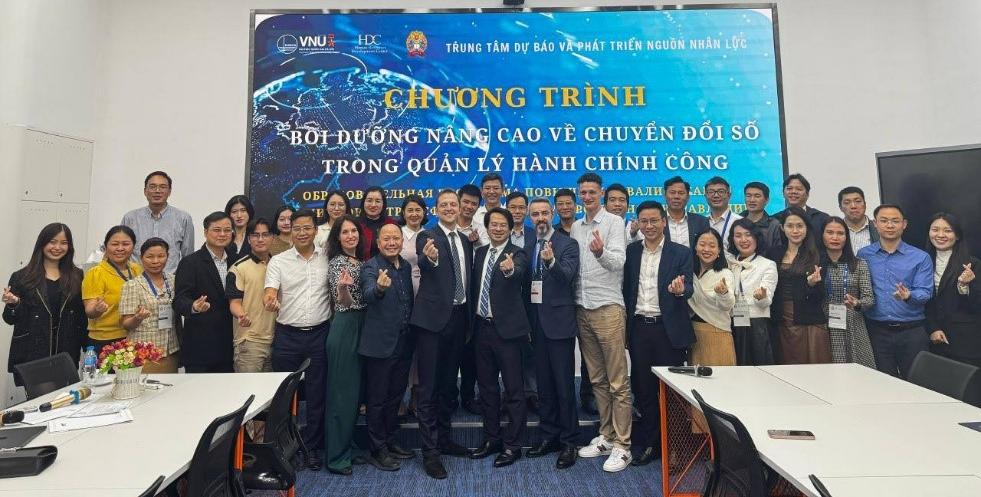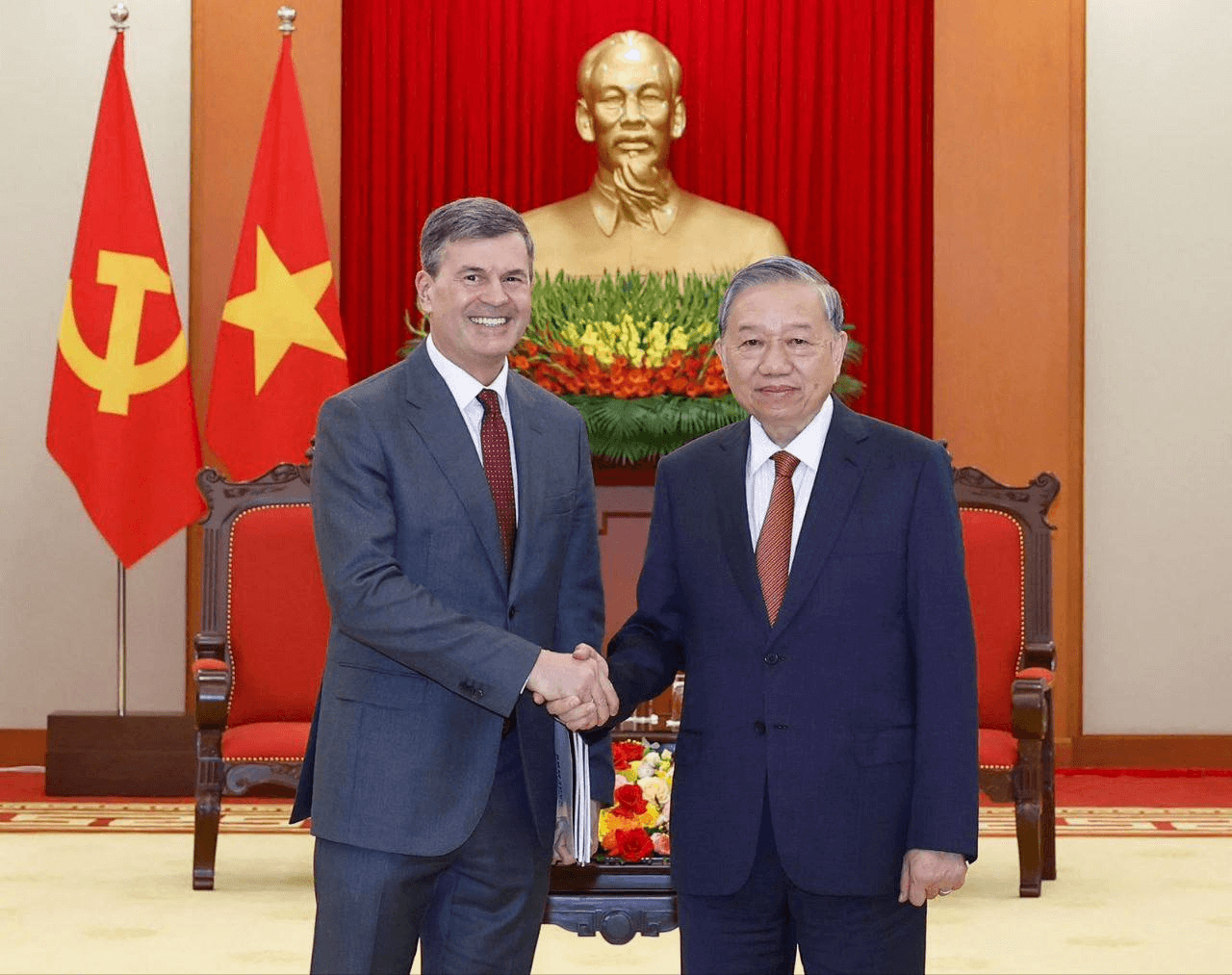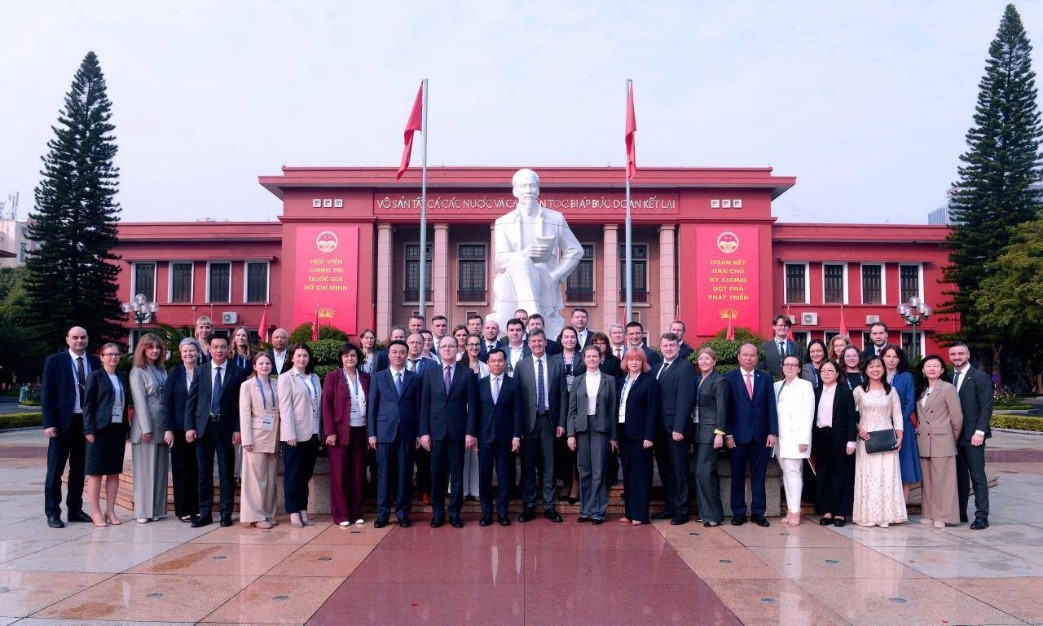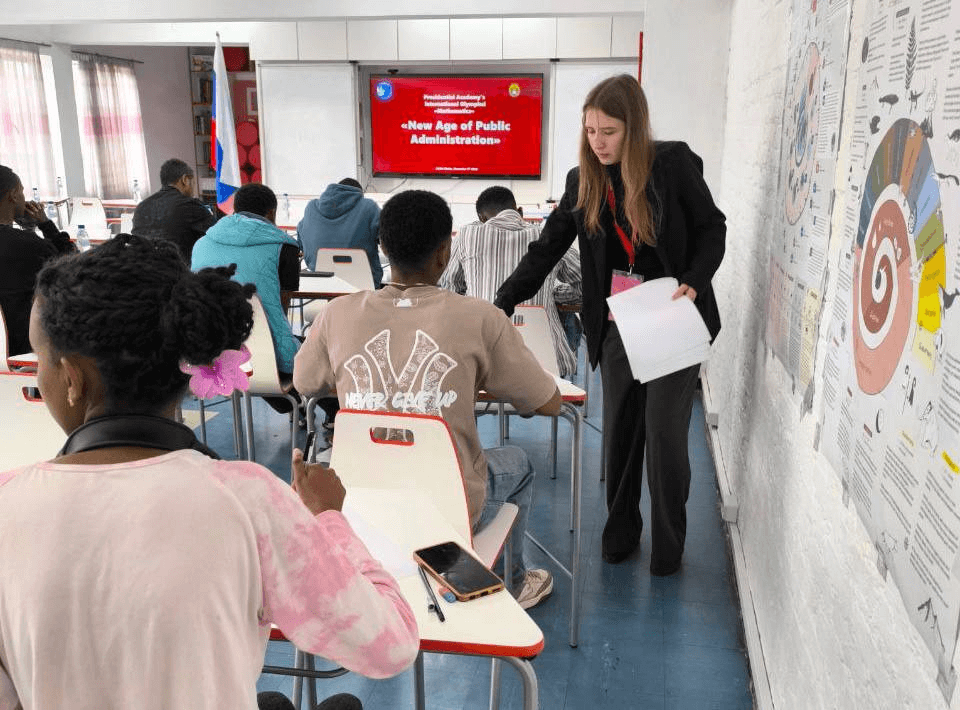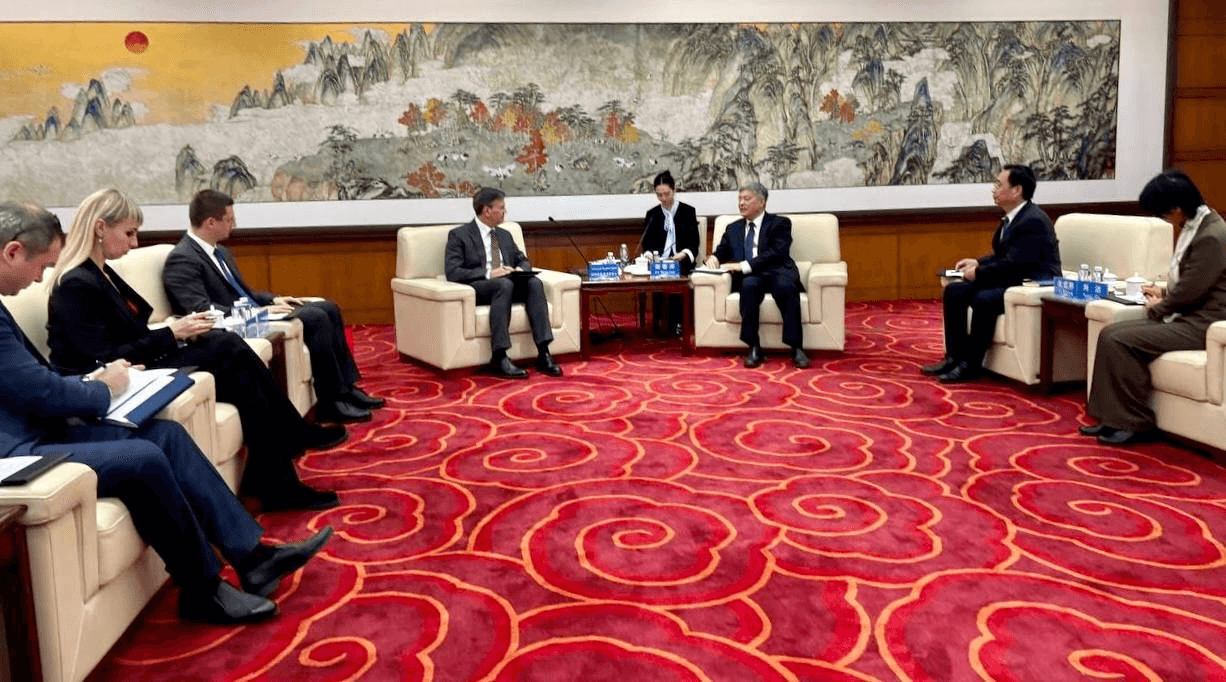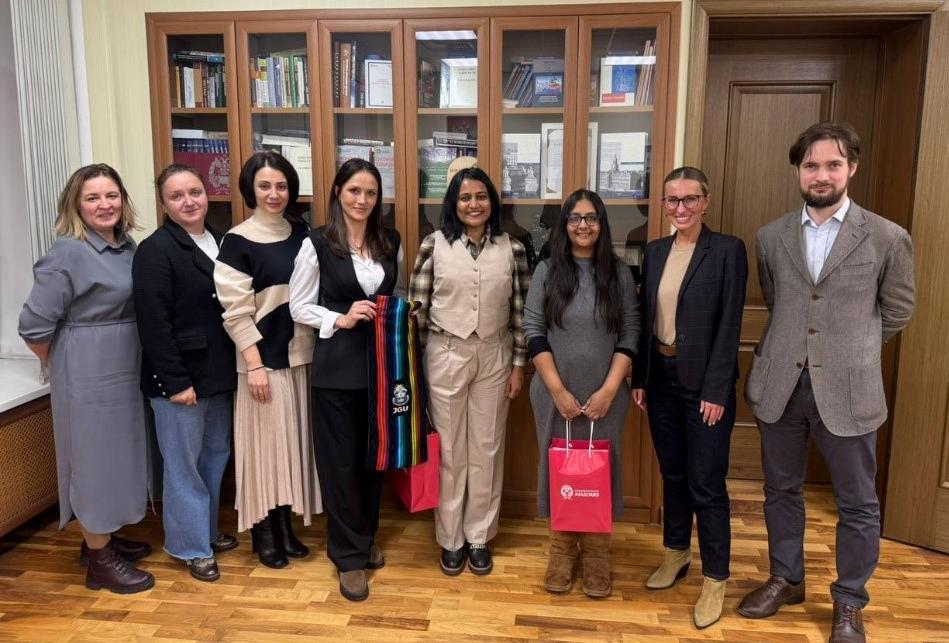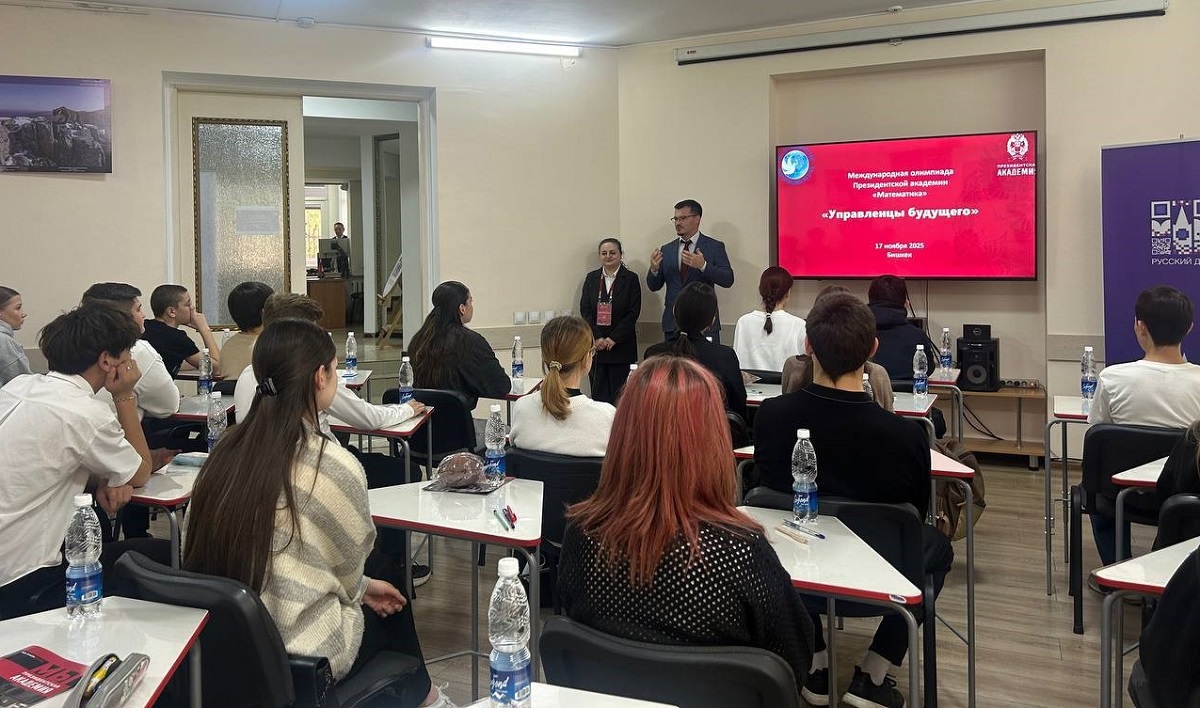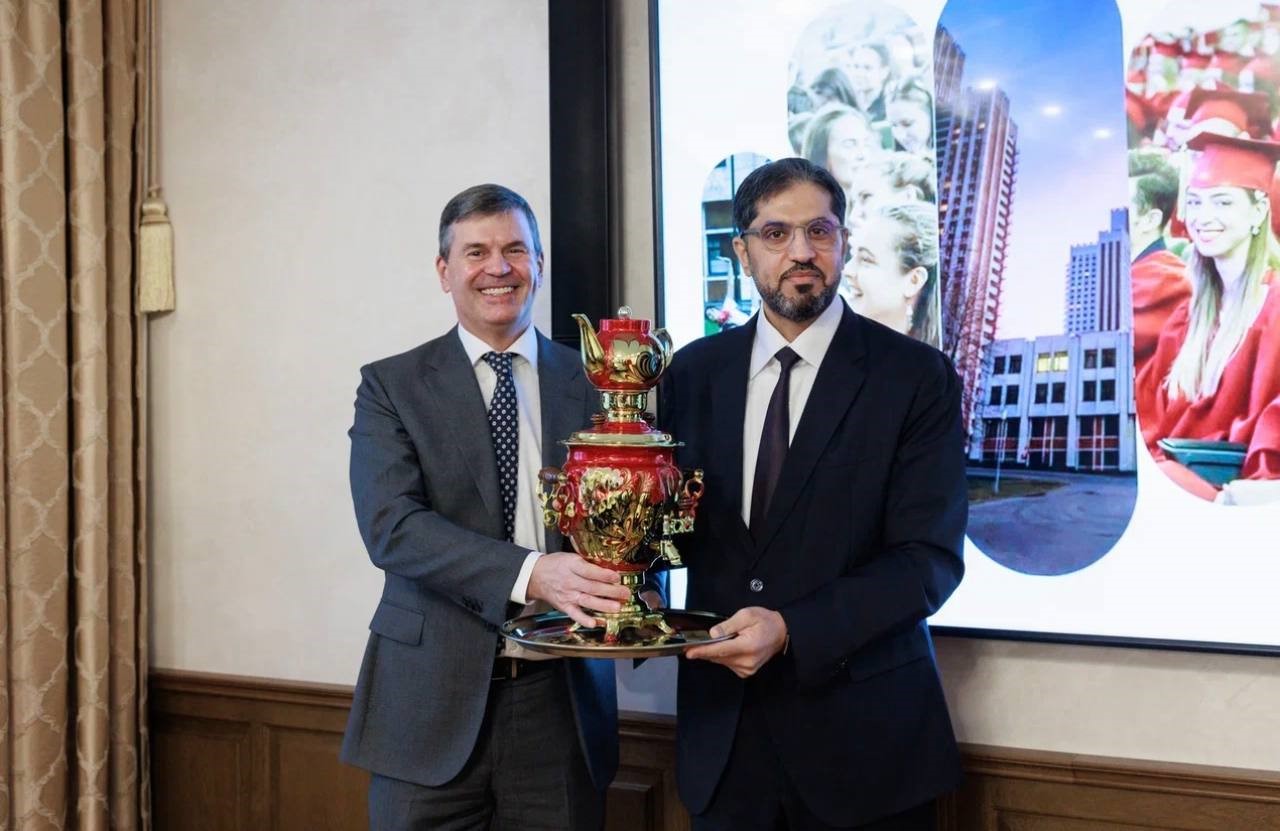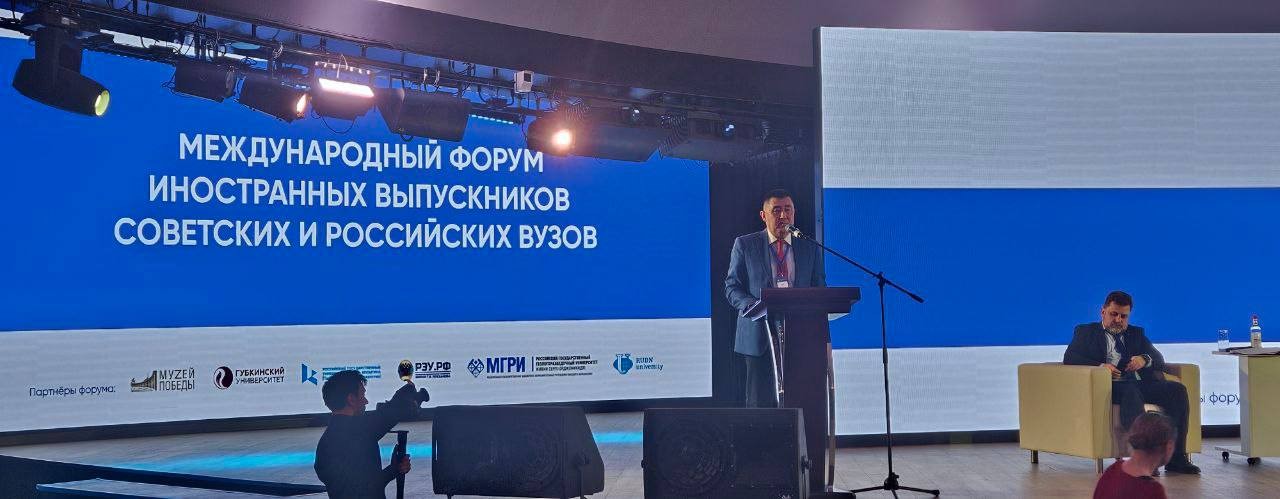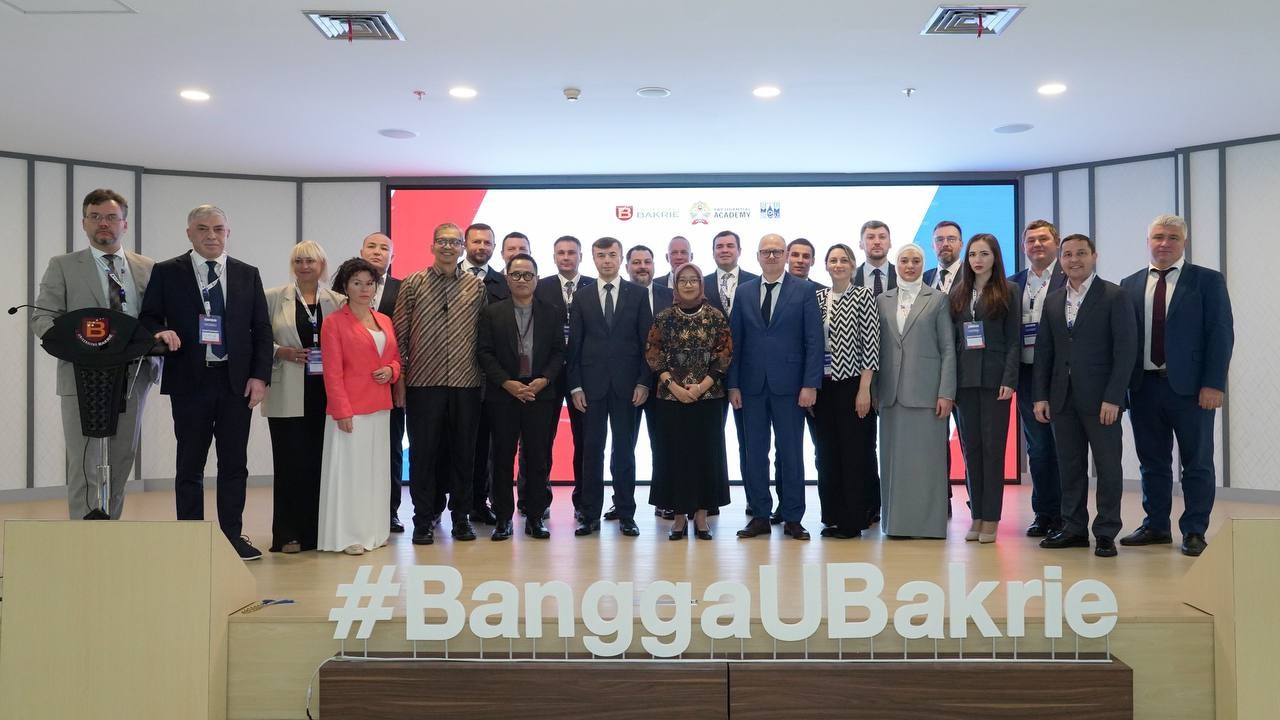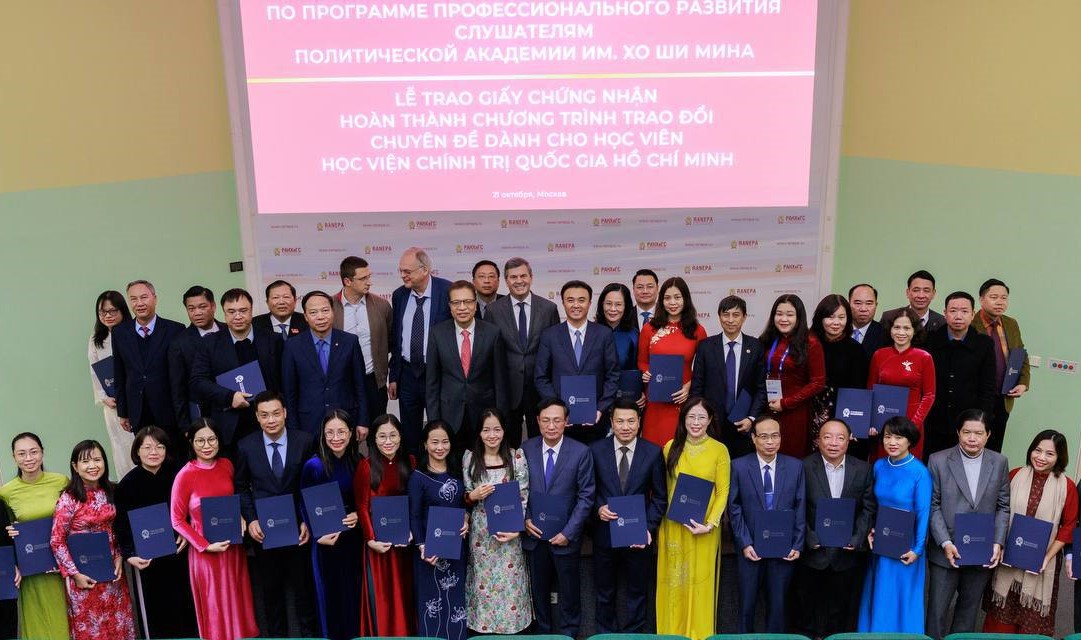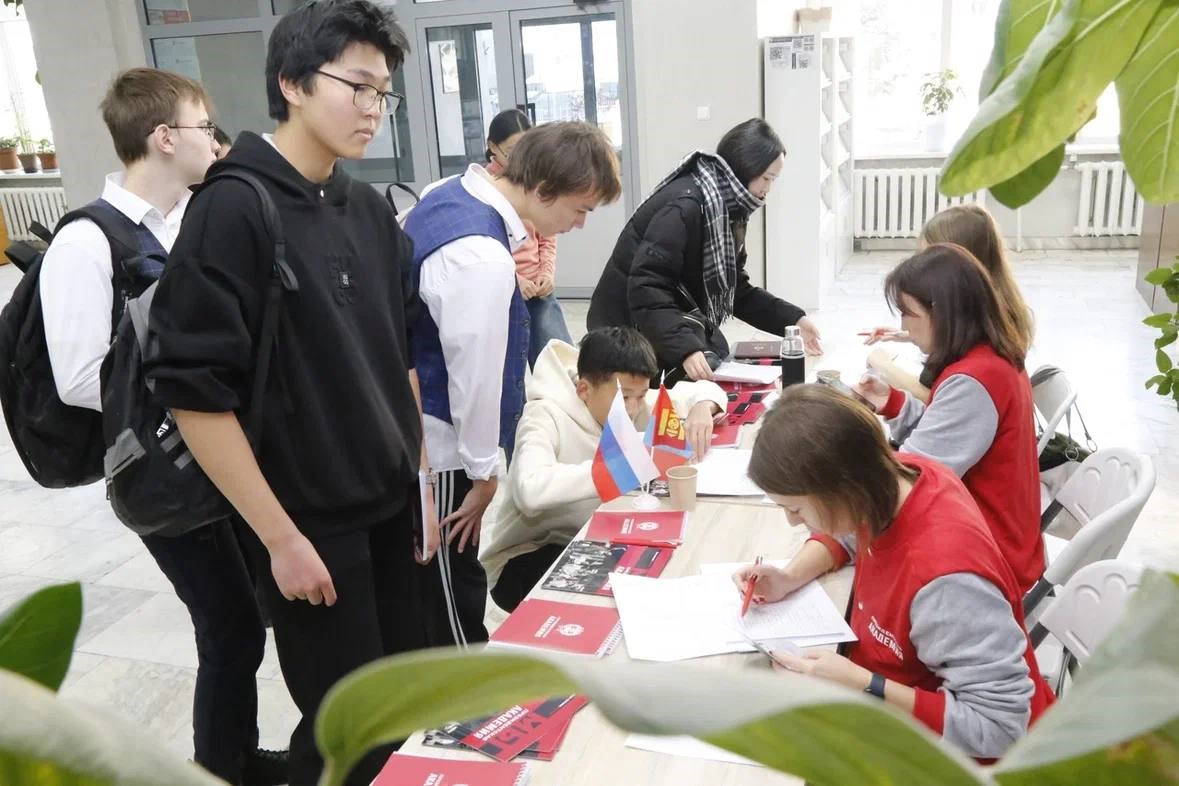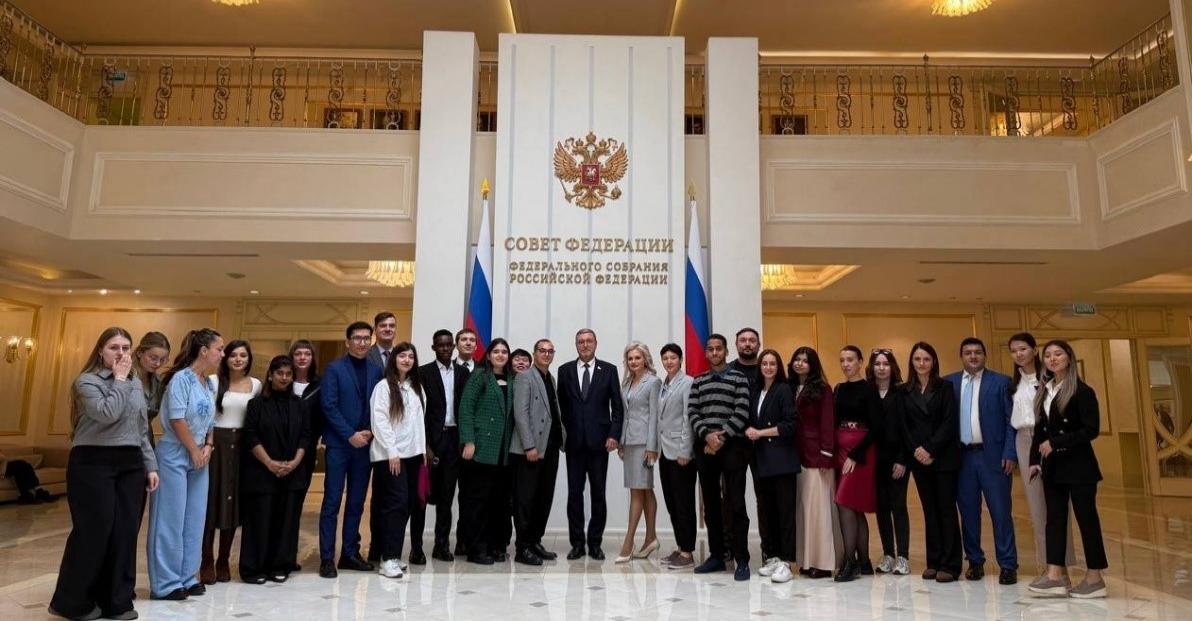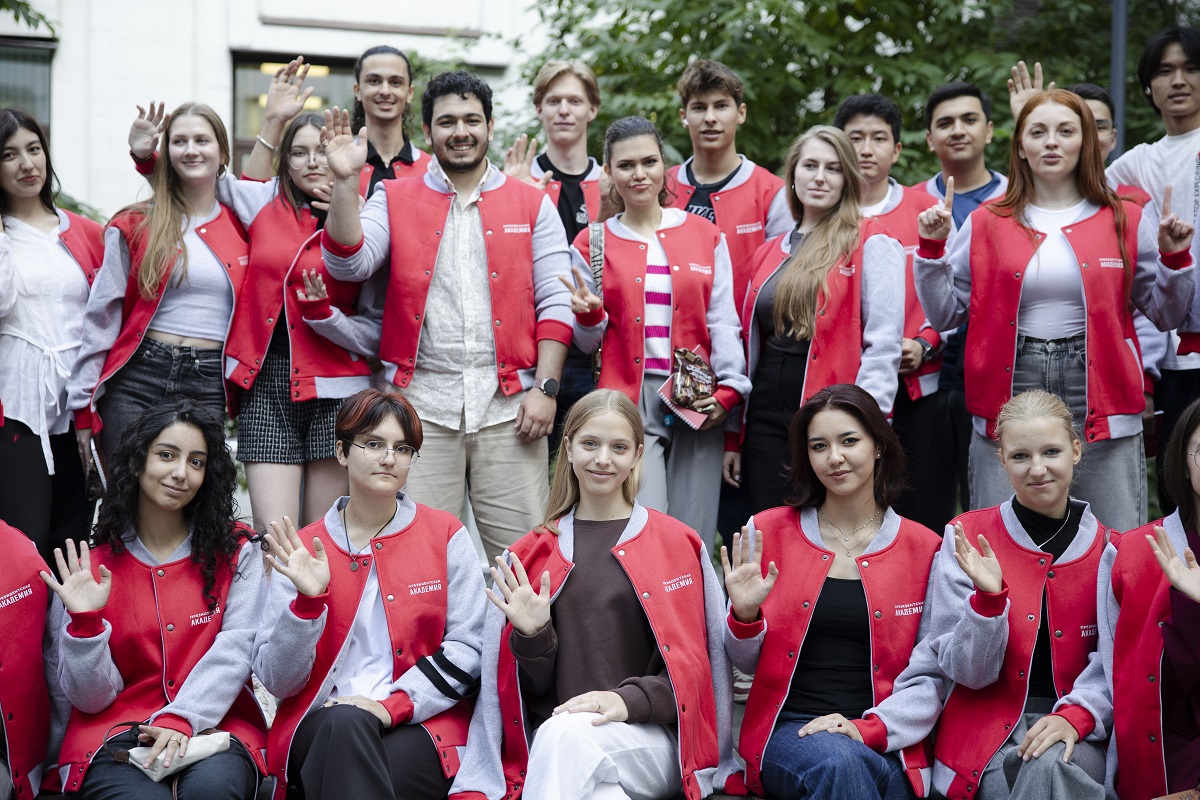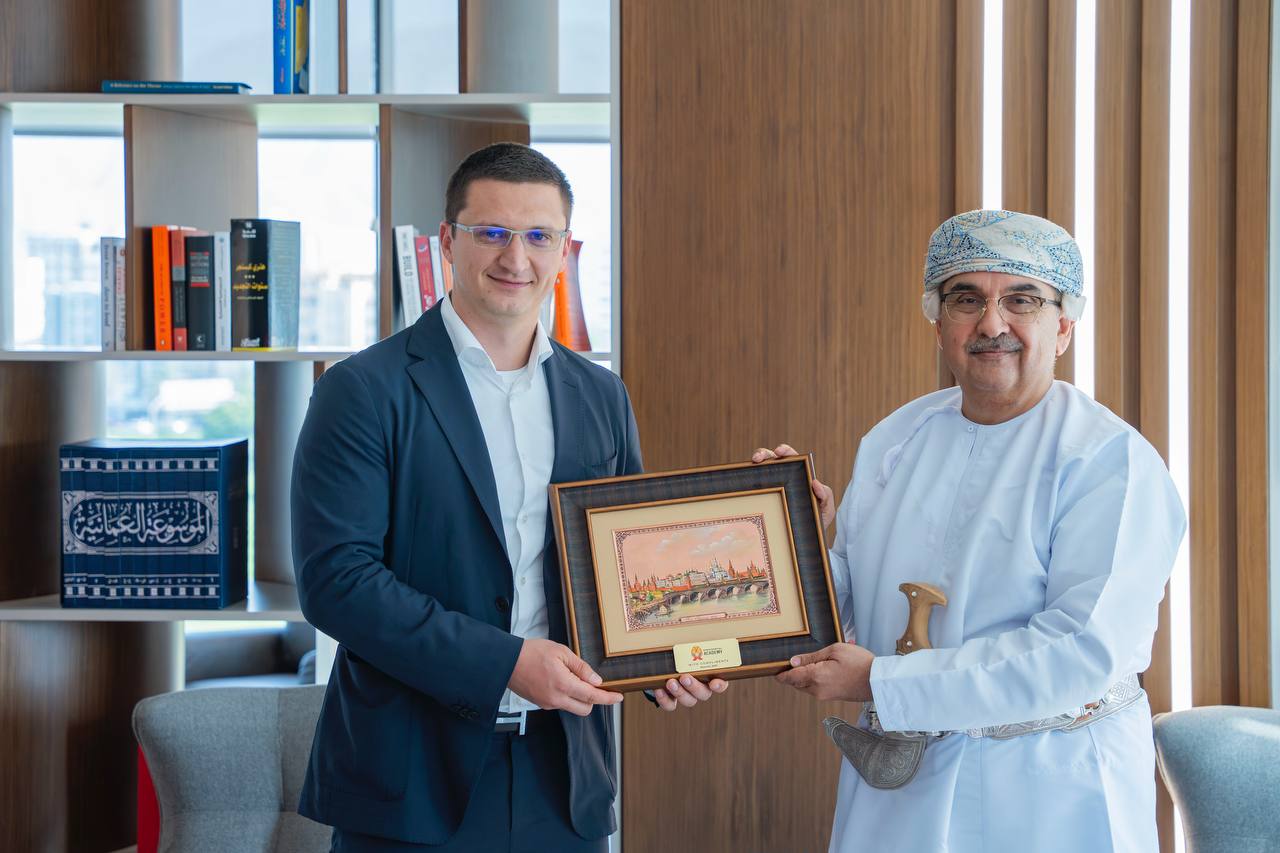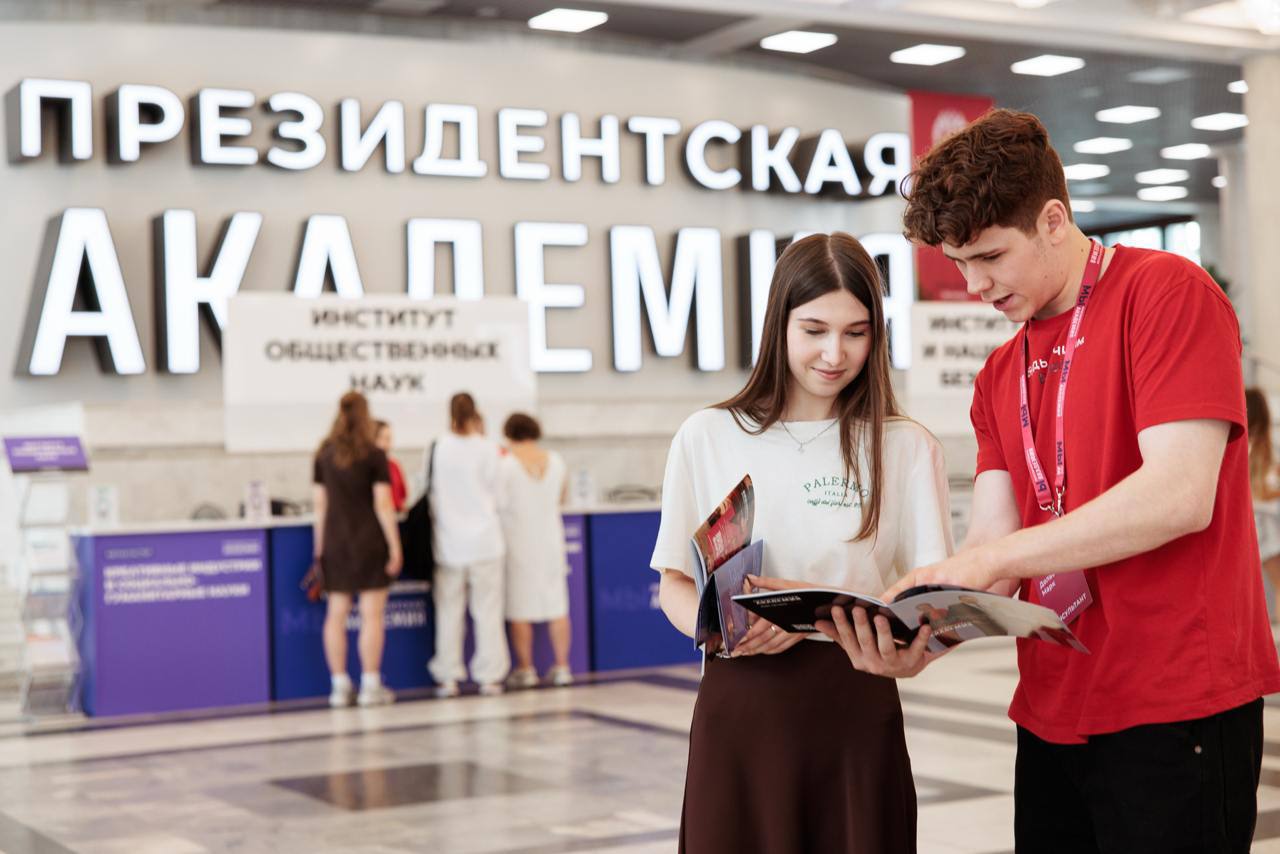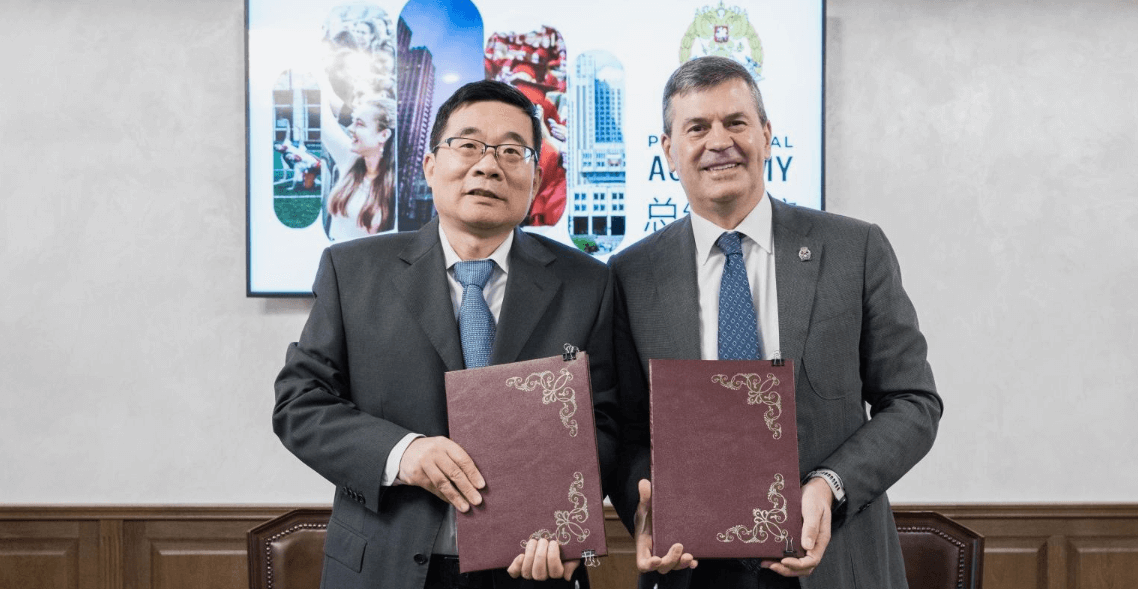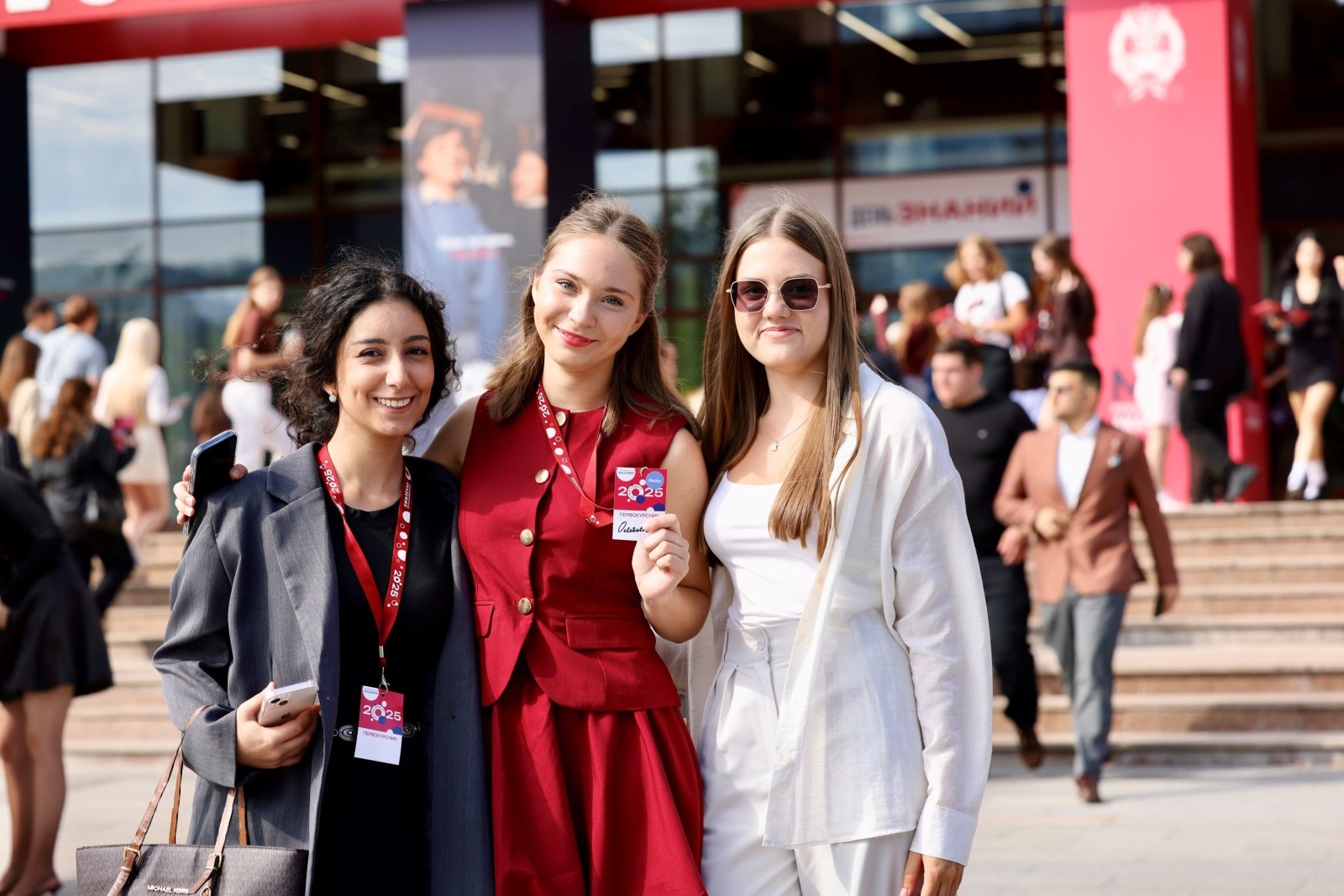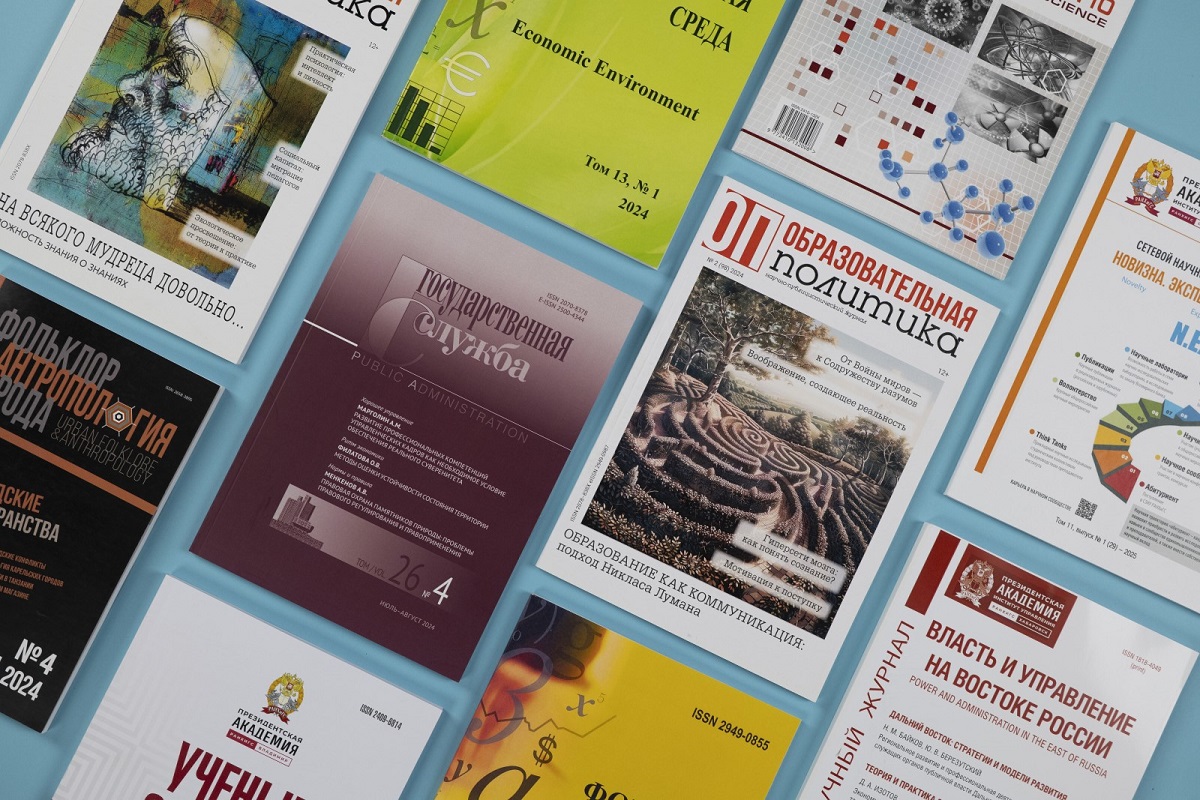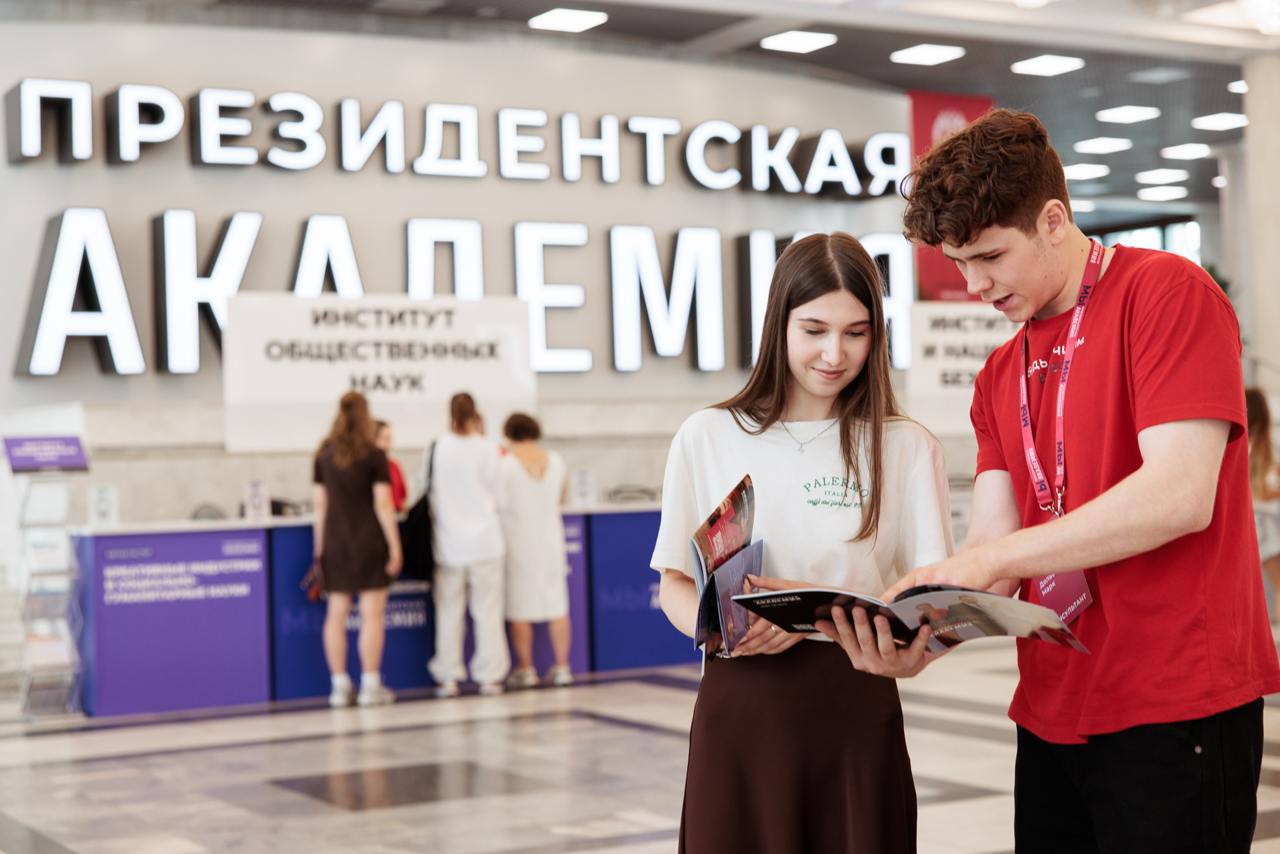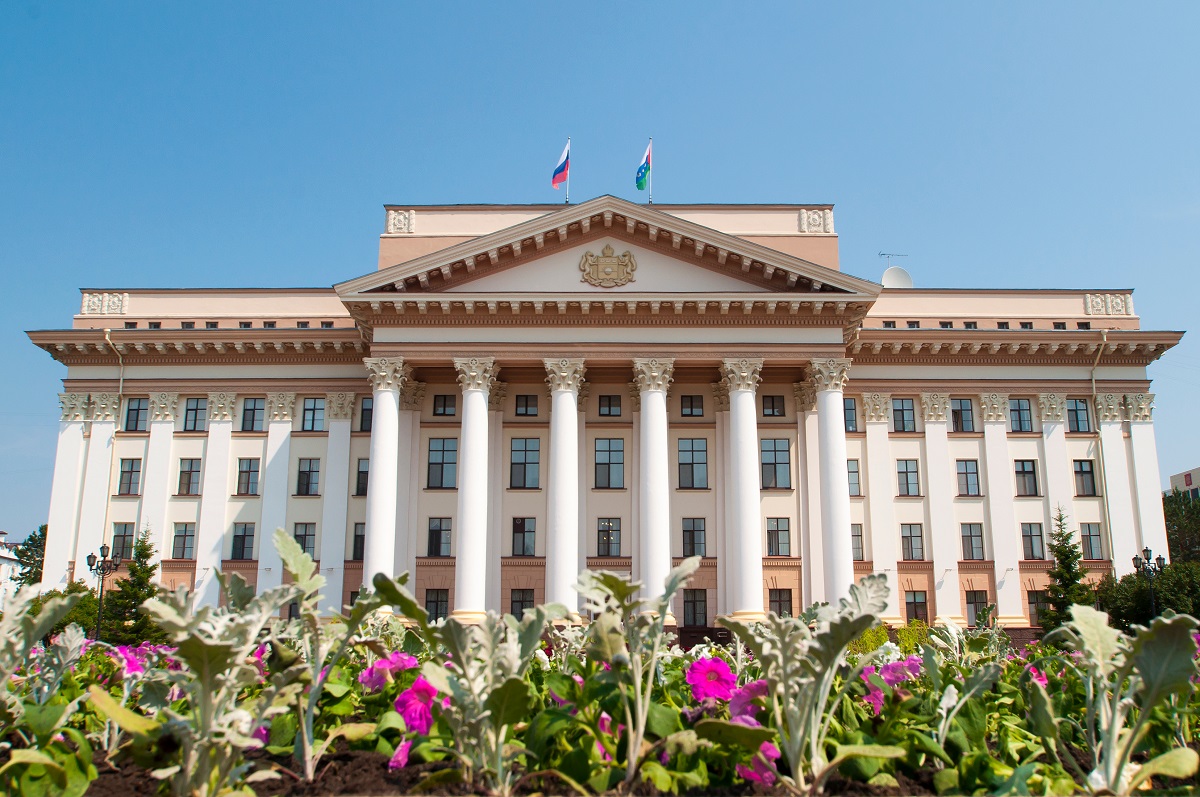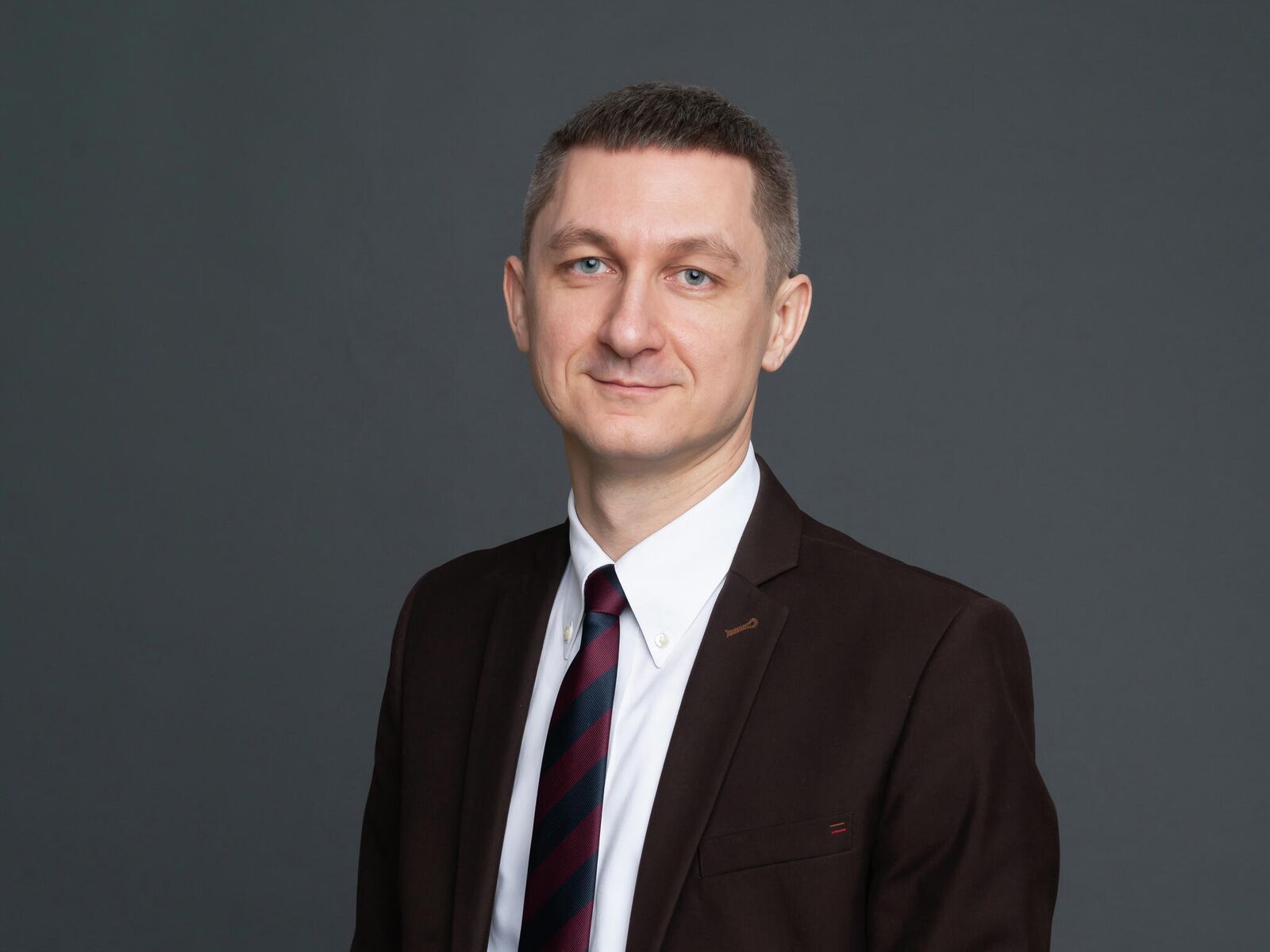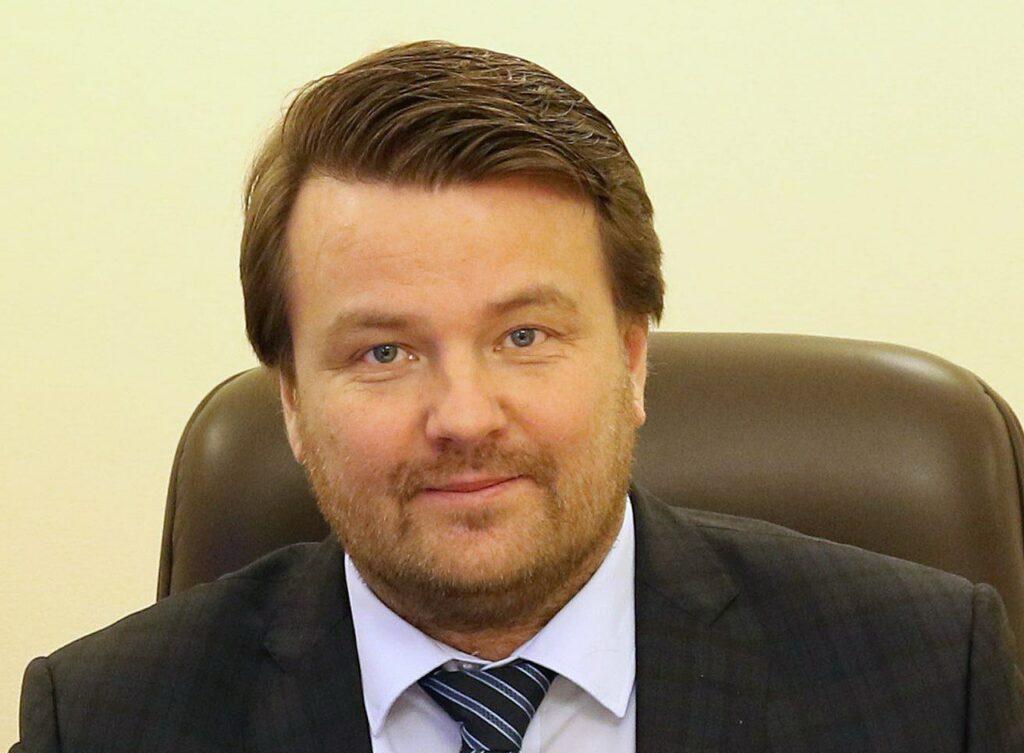The Presidential Academy actively participated in the milestone 25th exhibition-conference HR-EXPO PRO People, which united leading entrepreneurs, top managers, government officials, and HR professionals from all levels. The forum's theme was "Human-Centricity in the Era of Meaning and Technology, with discussions focusing on how to build the teams of the future, inspire employees to achieve new heights, stay flexible amid changes, and maintain the human face of business. Speakers from the Academy took part in a panel discussion titled "How the Federal Project 'Employment Assistance' Shapes the Workforce of the Future and Responds to Labor Markets", as well as several sessions within the Lomonosov cluster.
Vice President of the Presidential Academy, Alexey Kolesnikov, was a key participant in the panel discussion "How the Federal Project 'Employment Assistance' Shapes the Workforce of the Future and Responds to Labor Markets."
Highlighting the Academy's role in the flagship national project of active employment measures under the "Personnel" national initiative, the speakers emphasized the project's uniqueness both in terms of scale and effectiveness. A standout feature is not only the near-elimination of unemployment across the country but also the successful employment of retrained individuals according to their skills and competencies. Therewith, the project has proven especially effective in regions where wage growth is higher.
Out of the 3,000 programs offered, the overwhelming majority of participants (82%) find employment within the year of their training, with 60% securing leadership roles or highly qualified specialist positions, including highly-skilled workers.
The greatest relative wage increase is seen among women returning to work after maternity leave (124%), as well as in industries with advanced digital technologies and in regions with traditionally low salaries. For example, salaries in the Manager category within the "Information Technology in Professional Activities" sector reach up to 162,000 rubles, while "High Qualification Specialist" positions in Logistics Management can command up to 125,000 rubles.
"The era of competing for resources for personnel training and professional development initiatives is behind us. Now is the time for cooperation, when we need to enrich our educational offerings not just with what we know but with what the market truly demands. We must understand the pains and needs of employers and create educational programs often at the intersection of technical and managerial training. Specialists with secondary technical engineering education eventually move into management positions, and at that point, it is crucial to update or add the knowledge needed to create the required specialist: an engineer-manager," said Presidential Academy Vice President Alexey Kolesnikov.
Yan Talbatsky, Deputy Head of the Federal Service for Labor and Employment, praised the flagship project highly, particularly highlighting the contributions of the universities implementing it. He emphasized that without quality programs, "neither this level of employment nor the wage growth among retrained workers would be possible."
"Today, our goal is to transform the project into a model of targeted additional professional education (DPO), where the employer acts as the customer from start to finish. We are moving toward this goal by gradually introducing elements of targeted DPO, increasing program flexibility, and creating additional conditions. Ultimately, we will achieve a full-fledged system of DPO, where education funded by the federal budget will enable employers to quickly prepare qualified personnel, and citizens will have the opportunity to upgrade their skills and qualifications throughout their lives," Yan Talbatsky explained.
In the session titled "Russian Models in Personnel Management," Ilya Sheburakov, Dean of the Department of Assessment and Development of Managerial Personnel at the Presidential Academy's Higher School of Public Administration, presented his report "Personal and Professional Qualities of Russian Leaders and Their Manifestations at Different Management Levels." The speaker unveiled the "growth formula" for Russian managers, developed by the Presidential Academy based on an extensive study of management assessment materials.
"Over 200,000 managers have been assessed at various stages of their careers. Our research shows that success at different career milestones requires a radical shift in focus on developing specific competencies. The main paradox is that the skills needed to start a career and to reach its peak do not overlap. While the beginning of the journey depends on a 'foundation' of skills, such as interpersonal interaction, self-management, persistence, and the ability to learn — advancing to the top level is defined by a triad of strategic leadership, managerial expertise, and specialized competence. As a result, those who 'scale' their thinking and are ready for teamwork break into middle management. The top tier is reached by those who possess this triad, enhanced by stress resistance and determination. Accordingly, the Academy has developed a career potential forecasting system. This unified methodology enables companies and government agencies to precisely identify growth opportunities within their talent pools, align candidates with benchmark job profiles, and predict the success of transitions across management levels," stated Ilya Sheburakov.

